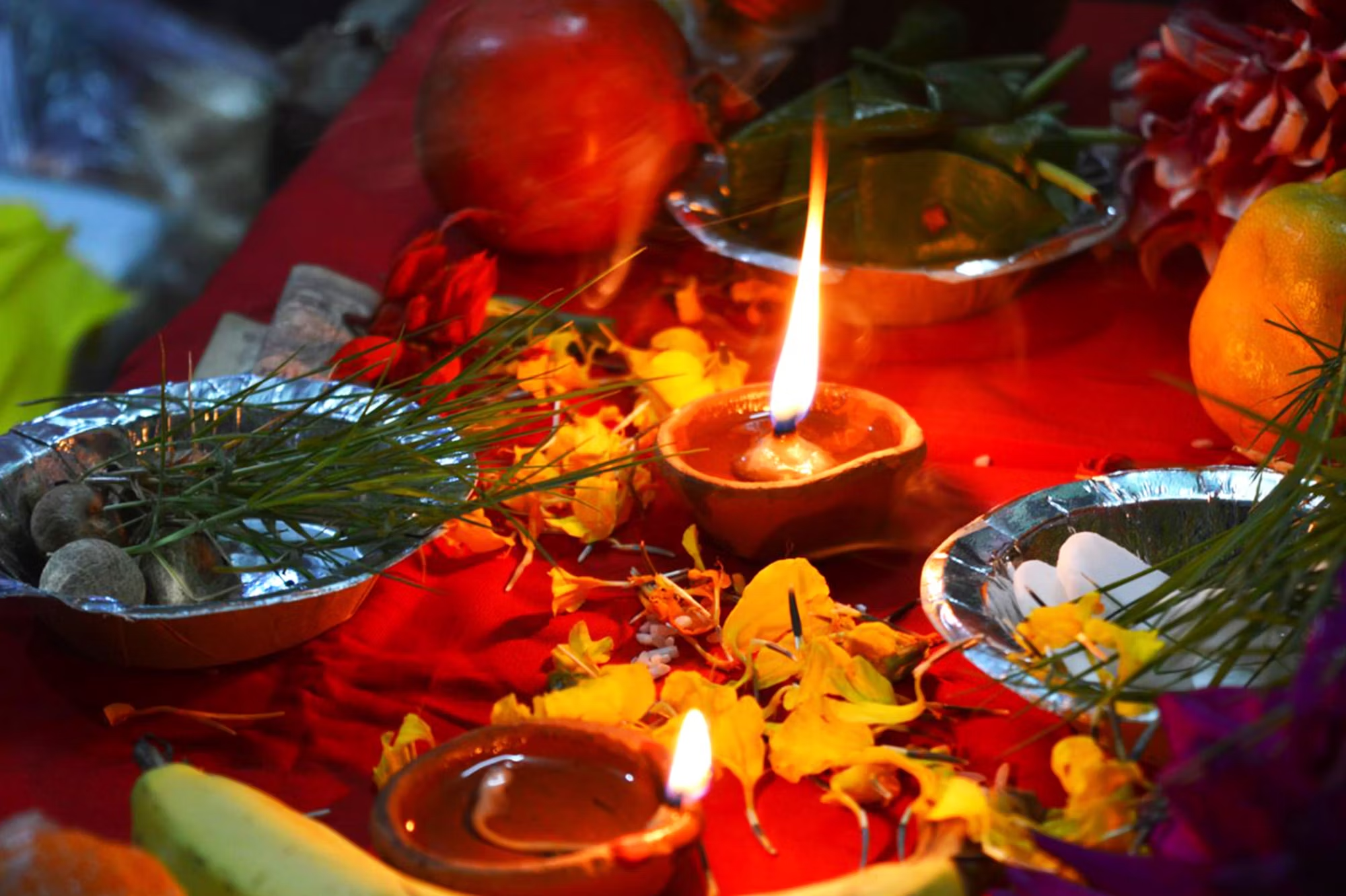The Enchantment of Food and Drink Festivals: A Culinary Journey
Food and drink festivals have emerged as some of the most celebrated events around the world, drawing culinary enthusiasts and casual foodies alike. These festivals showcase a vast array of flavors, techniques, and cultural traditions, allowing attendees to experience the richness of global gastronomy. From local farmer’s markets to grand international expos, food festivals play a vital role in connecting people through the joy of cooking and sharing meals. One of the most famous food festivals is the Taste of Chicago, which celebrates the city’s culinary diversity. This annual event features a wide range of local restaurants and chefs, offering tastings of everything from deep-dish pizza to gourmet hot dogs. The festival not only highlights the unique flavors of Chicago but also promotes local businesses, giving them a platform to showcase their dishes to a larger audience. By bringing together the community and local talent, the Taste of Chicago fosters a sense of pride in the city’s culinary heritage. Similarly, Oktoberfest in Munich, Germany, is a legendary celebration of food and drink that attracts millions each year. While primarily known for its beer, Oktoberfest is also a gastronomic delight, featuring traditional German dishes like pretzels, sausages, and regional specialties. The festival transforms the city into a vibrant hub of cultural exchange, where people from different backgrounds come together to enjoy music, dance, and, of course, delicious food. The communal atmosphere of Oktoberfest emphasizes the importance of gathering around the table, sharing food, and forging connections. In the realm of wine festivals, the Napa Valley Wine Auction stands out as a premier event. Celebrating the region’s rich viticulture, this festival showcases local wineries and their finest offerings. Attendees have the opportunity to sample exquisite wines while learning about the art of winemaking. The auction aspect of the festival also raises funds for various charitable causes, demonstrating how food and drink festivals can contribute to the greater good. Beyond traditional food and drink festivals, culinary events that focus on specific ingredients have gained popularity. The Garlic Festival in Gilroy, California, for example, highlights the versatility of garlic through cooking demonstrations, tastings, and competitions. This playful celebration draws crowds eager to indulge in garlic-infused dishes while learning about its culinary applications. These ingredient-focused festivals not only educate attendees but also foster a deeper appreciation for the flavors that shape our culinary landscape. The rise of food truck festivals has transformed the way people experience street food. Events like the Food Truck Festival of America feature a diverse lineup of mobile eateries, offering everything from gourmet tacos to artisanal desserts. These festivals highlight the creativity of food truck owners while providing a casual and accessible dining experience. Attendees can sample various cuisines all in one location, making it a fun and engaging way to explore different flavors. In recent years, health-conscious food festivals have gained traction, showcasing nutritious and sustainable eating practices. Events like the Plant-Based Food Festival emphasize the benefits of plant-based diets, offering tastings, cooking demonstrations, and discussions on nutrition. These festivals not only promote healthy eating but also highlight the environmental impact of food choices. By educating attendees on sustainable practices, they inspire positive changes in dietary habits. The festival experience often extends beyond food and drink; many events incorporate live entertainment, workshops, and interactive activities. At the San Francisco Street Food Festival, attendees can enjoy live music while participating in cooking classes and food-related games. This blend of culinary exploration and entertainment creates a lively atmosphere where people can connect over their shared love of food. Seasonal festivals, such as the Fall Harvest Festival, celebrate the bounty of local produce. These events often feature farmers’ markets, pumpkin patches, and apple picking, inviting attendees to engage directly with the sources of their food. The focus on seasonal ingredients not only promotes local agriculture but also encourages people to appreciate the flavors of each season. In addition to the culinary delights, food and drink festivals often serve as platforms for social change and community engagement. The annual Vegan Street Fair, for instance, advocates for animal rights and environmental sustainability while providing a space for plant-based vendors to shine. This festival highlights the intersection of food, ethics, and community, encouraging attendees to consider their food choices’ broader implications. As the popularity of food and drink festivals continues to rise, many organizers are prioritizing sustainability. Festivals are increasingly adopting eco-friendly practices, such as reducing waste, promoting composting, and using biodegradable materials. The commitment to sustainability not only lessens the environmental impact but also sets an example for attendees, encouraging them to adopt similar practices in their own lives. Culinary tourism is another growing trend, with festivals serving as gateways to explore regional cuisine. Events like the New Orleans Food and Wine Experience invite visitors to immerse themselves in the local culinary culture. By offering a variety of tastings, cooking classes, and pairings, attendees gain insight into the flavors that define New Orleans’ vibrant food scene. This fusion of travel and culinary exploration enhances the festival experience, making it a memorable journey for participants. In conclusion, food and drink festivals are vibrant celebrations of culture, community, and culinary excellence. They provide platforms for local businesses, promote sustainability, and create spaces for connection and learning. As attendees indulge in diverse flavors and participate in engaging activities, they forge lasting memories and connections that extend beyond the festival grounds. Whether it’s savoring a gourmet dish, dancing to live music, or learning about sustainable practices, food and drink festivals invite us to celebrate the joy of food in all its forms.
